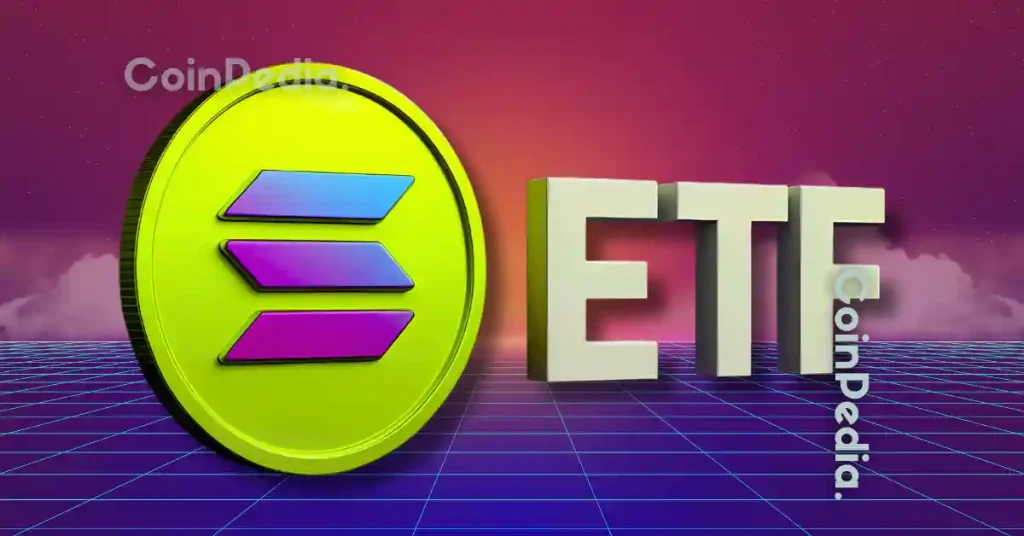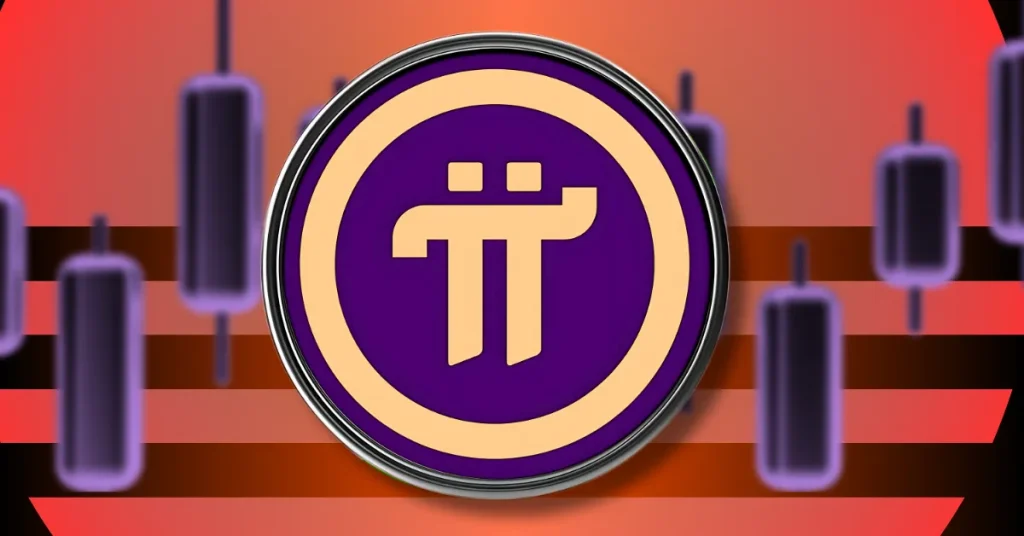Standard Chartered projects that Decentralized finance (DeFi) will challenge traditional finance (TradFi) systems as a mainstream financial force. The bank predicts that the tokenized real-world assets (RWAs) will reach $2 trillion by 2028.
According to Standard Chartered Bank analysis, the growth towards $2T by RWAs will be fueled by a self-reinforcing cycle of liquidity and innovation sparked by the 2025 stablecoin performance. Stablecoins have pushed blockchain-based finance beyond the crypto niche and into the broader financial ecosystem.
Standard Chartered Bank highlights that MMFs and equities could bring $750 billion each
According to Standard Chartered estimates, non-stablecoin tokenized assets are projected to grow from the current $35 billion to $2 trillion by 2028, matching the expected size of the stablecoin market. Geoff Kendrick, Head of Digital Assets Research at Standard Chartered Bank, noted that DeFi eliminates the need for a central authority and operates on the principles of transparency, accessibility, and code-based trust. He added that the DeFi ecosystem is emerging as a credible challenge to established traditional financial structures.
🚨 NEW: STANDARD CHARTERED SEES $2T IN TOKENIZED RWA MARKET BY 2028
The bank says this would match stablecoins as DeFi enters a self-sustaining growth phase. pic.twitter.com/ShylCXlexC
— Kyle Chassé / DD🐸 (@kyle_chasse) October 30, 2025
The report highlighted that money-market funds and listed equities could each account for approximately $750 billion of the total. ETF funds, private equity, commodities, corporate debt, and real estate will contribute the rest. The report further highlighted how stablecoins have evolved to become a core payment infrastructure. Stablecoin adoption has driven on-chain liquidity, supporting lending, borrowing, and digital payments, initially dominated by banks.
The stablecoin market cap currently stands at roughly $308 billion, led by Tether’s USDT and Circle’s USDC. Based on on-chain data, Tether USDT has a market cap of $183.39 billion, followed by USDC at $75.82 billion. Other emerging stablecoins are Ethena USDe, with roughly $9 billion, Sky Dollar USDS, with approximately $5 billion, and DAI, with $4.8 billion.
Kendrick noted that the growth in stablecoin use in 2025 has helped push the maturity of the DeFi ecosystem. He added that it enabled non-banking entities to handle payments and savings products, while creating liquidity that helps in lending and investments across the blockchain. He described that the liquidity created a flywheel effect, resulting in new products that attract more liquidity and make DeFi more competitive with traditional financial systems.
Standard Chartered believes regulatory uncertainty thwarts growth
The bank, however, warned that U.S. regulatory uncertainty poses a risk factor, noting that if regulators fail to deliver clear digital asset rules before the 2026 midterm elections, market momentum could slow.
The study by the lender highlighted the regulatory frameworks already in place in Europe, the UK, and Singapore, noting that they are more advanced and supportive of tokenization. For instance, the European Union members have adopted the European Union’s Markets in Crypto-Assets Regulation MiCA licensing, which regulates crypto-related activities across the bloc. According to a July report, nearly 40 crypto asset providers had already obtained the license.
The regulation was applied first to CASPs in June 2024, replacing the by-country law, forming a unified approach to crypto regulation across the bloc. The license enables crypto firms to operate legally across the European Economic Area. Singapore, so far, is the leading region in terms of people adopting cryptocurrencies, as well as having clear regulations surrounding crypto assets. Cryptopolitan recently reported that the country achieved a composite score of 100, driven by crypto adoption and public interest. The report also revealed that roughly 24% of Singapore’s population holds crypto assets, which is more than double the 11% adoption rate last year, due to clear regulations supporting the industry.
Standard Chartered projects that the line between DeFi on-chain finance and traditional markets will shrink faster as DeFi platforms continue to tokenize real-world assets, such as corporate bonds and real estate. The bank believes that the convergence of the two markets may reshape the global finance industry, currently valued at around $100 trillion, by integrating programmable money, automated lending, and 24/7 settlement.
Get seen where it counts. Advertise in Cryptopolitan Research and reach crypto’s sharpest investors and builders.
















 English (US)
English (US)